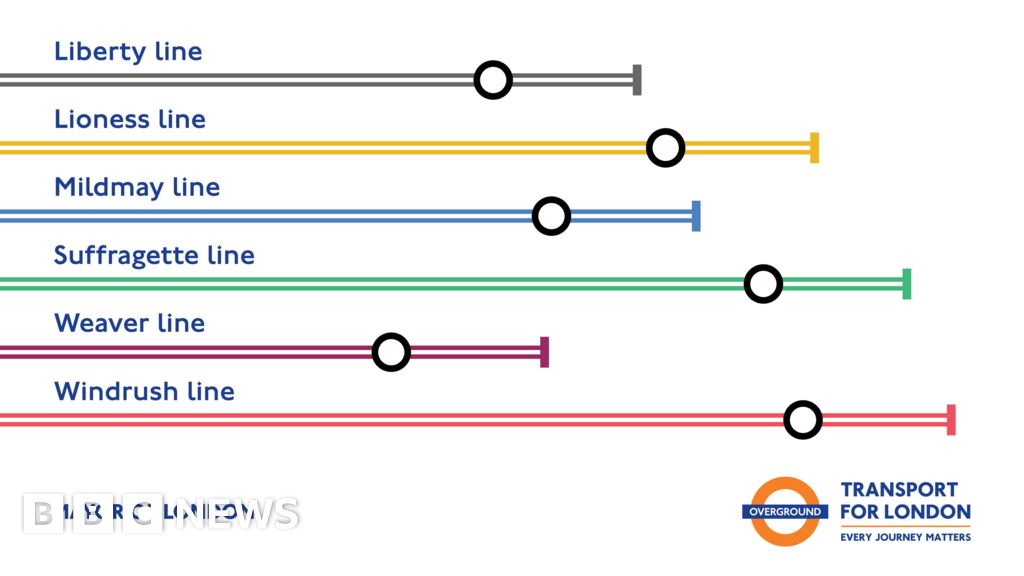Bussiness
Bills, rent and food top reasons for borrowing in 2025 – London Business News | Londonlovesbusiness.com

With Gen Z currently accounting for 15% of the UK population, and lenders historically voicing challenges when it comes to attracting and retaining young consumers, many will be striving for ways to keep their services and products engaging to a younger audience – and to prepare themselves for what the future borrower may look like.
A new report revealing the latest trends and future predictions in UK lending and borrowing for Generation Z has been launched by Lenvi – showcasing to lenders what it really takes to engage this generation in borrowing.
Among the most notable trends are a reliance on parents for financial guidance; broad enthusiasm for AI – for some tasks more than others; and a shift towards borrowing for essential purchases over items more traditionally associated with lending.
However, one of the more alarming trends from the data is the significant number of young people who are reliant on borrowed money just to fund essential living costs.
Research conducted for the report on those Gen Z above legal borrowing age (18-27) reveals that they owe £1,400 on average – and while they most commonly owe between £100 – £300 – 1% owe more than £10,000.
Borrowing for broods
The report reveals that four-fifths (81%) have borrowed money – with the most popular form of loan being the ‘bank of mum and dad’ (40%). However, parents and guardians may be pulling some strings to make this happen – in this instance, driving themselves into debt – to support their children.
Nearly a fifth (21%) of parents have taken out a loan to support their child with university, while cars, mortgages and property also stuck out as reasons for borrowing for their children – signalling an opportunity for lenders to consider family banking flexibility that can target both Gen Zs and their families.
Borrowing to survive
Over half (52% of those surveyed for the report) expressed concern about the money they owe – reinforced by the fact that this age group are known to be more worried about their future than generations that came before them. Of those that have borrowed and now owe money, two fifths (40%) worry about how long it will take to pay off while a third (34%) believe it is impacting their financial freedom and lifestyle.
Despite concerns about owing money, reasons for borrowing are split between long term financial freedom and todays necessities – signalling the responsibility lenders have when it comes to supporting this new generation of borrowers in surviving the current economic climate. When asked for the top three reasons they may need to borrow more money in 2025.
Christmas and Black Friday were also flagged as key reasons for borrowing in the coming months. Two thirds (66%) of Gen Z plan to borrow for these, with nearly a quarter borrowing money for Christmas gifts (23%) but yet again, a large volume of people state they will be borrowing over the festive period to simply pay the bills and for food (16% and 15%).
Financial confidence and education
Family support when it comes to finances extends beyond borrowing. Despite Gen Z being dubbed as ‘digital natives’, with a widely-believed perception of being reliant on social media, family still leads the way for financial advice. As the report outlines, 43% of young people place parents or family as their primary source of financial education, versus only 10% turning to influencers and podcasts.
Despite this, channels such as TikTok are reporting an overall 373% rise in financial ‘Fintok’ content on the app over the last year – signalling the generation’s willingness to improve financial skills and manage money.
Connecting with Gen Z
The digitalisation of this generation is also reflected in preferred communication when it comes to lenders and their customers. WhatsApp (16%) is better than in-person (13%), according to the research – with contact by post only a preferred method for just 2% of Gen Z, who are also perceived as the first properly eco-conscious generation.
With lenders striving for ways to engage and retain the interest of this generation, one avenue that offers customised user experiences and personalised insights is the implementation of AI. The report outlines that Gen Z are certainly receptive to AI, depending on what it’s used for. Over half would be willing for AI to manage their money, although the generation is less keen on approving or deciding a loan rate (41% and 43%).
Richard Carter, Chief Executive Officer at Lenvi, said, “Our research is evidence that the way people borrow and perceive borrowing is changing, and it’s crucial that lenders understand this to meet the diverse and complex needs of Gen Z.
As expected, social media holds massive value for Gen Z when it comes to financial decision making. But our research is also a reminder that family and friends matter hugely too, as a source of both advice and lending.
“More concerningly, the number of people turning to borrowing just to survive signals a pressing need for swift action in the lending industry. To preserve and protect the future borrower, lenders should be providing robust, tailored financial tools to protect and empower those grappling with these hardships.”
The report is evidence that Gen Z provides a huge opportunity to lenders. But with an expectation of seamless service, personalised support and efficient banking, lenders need to ensure that products and services are adapted to suit Gen Z’s diverse financial needs.










